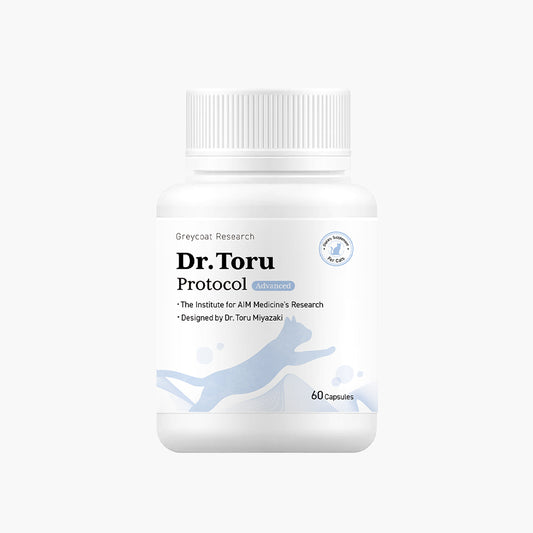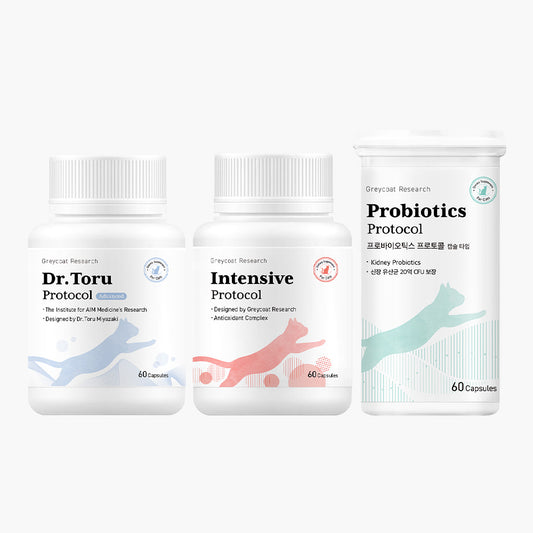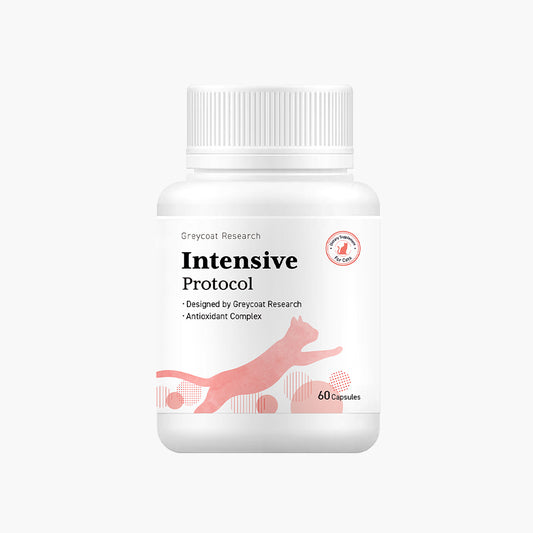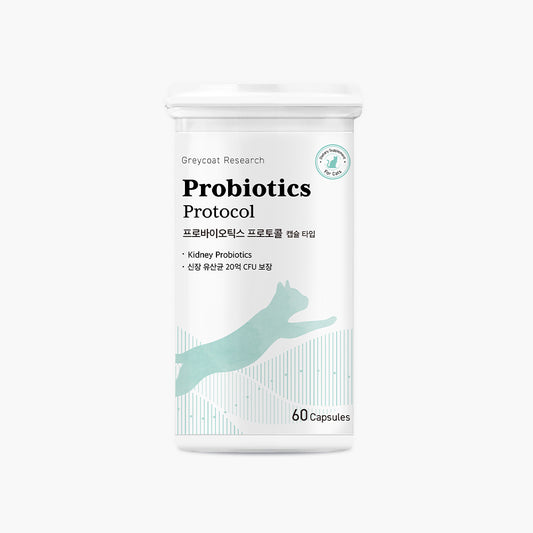📌Since 2024, Greycoat Research has provided over 1,500 consultations for cats with stage 2 and 3 kidney disease worldwide. Based on clinical data and real-life cases, we offer personalized, data-driven solutions for managing feline kidney disease.
One case we recently encountered was particularly alarming—and it started with something as innocent as a flower.
A cat, previously in perfect health, was suddenly rushed to the hospital showing signs of vomiting, lethargy, and loss of appetite. The diagnosis? Acute Kidney Injury.
The guardian was baffled:
“Nothing had changed—same food, same water, same environment…”
Except for one small detail:
👉 A single rose, gifted by a friend, had been placed in the home just days earlier. The cat had sniffed and nibbled on a few petals.
❓ Aren’t roses non-toxic to cats?
Technically, yes. Roses themselves are generally considered non-toxic to cats. But the problem wasn’t the rose—it was the form in which it was presented: a cut flower.
🌸 What Are Cut Flowers?
Cut flowers—like roses, gerberas, and sunflowers sold in stores—are harvested without roots and treated with various chemicals to maintain freshness. These may include:
-
Insecticides
-
Fungicides
-
Preservatives
-
Waxes and coatings
These chemicals don’t just stay on the surface—they can remain on the petals, stems, and even leach into vase water. When a cat licks, chews, or drinks from the vase, exposure becomes dangerous—especially for cats with already vulnerable kidneys.
🚨 Pesticides in Cut Flowers May Pose a Risk of Kidney Damage
Some substances used in flower preservation are known to be toxic to cats:

🐱 Cats are especially vulnerable to toxins due to their low levels of liver detox enzymes (UGT).
Even minimal exposure can lead to acute symptoms—and in some cases, long-term kidney damage.
✅ What You Can Do
-
Avoid keeping cut flowers in areas accessible to your cat.
-
If gifted flowers, place them in a separate room or space your cat cannot access.
- If your cat chews on petals or drinks vase water:
→ Wipe their mouth and consult your vet immediately.
🌿 What Else Can Help?
When managing feline kidney disease, environmental safety is just as crucial as diet and supplements.
🐾 In addition to creating a toxin-free environment, many cat guardians have seen positive results by using Greycoat Research’s 3-product kidney support set—formulated to help from multiple angles:
immune response, cellular protection, and gut balance.
Let’s keep our cats healthy—beautiful flowers included.
Even non-toxic roses can pose a hidden risk when treated as cut flowers.




